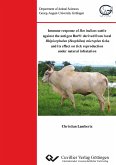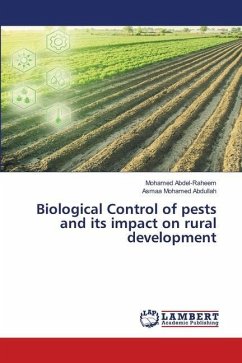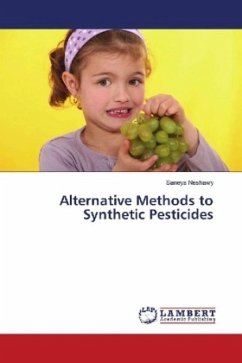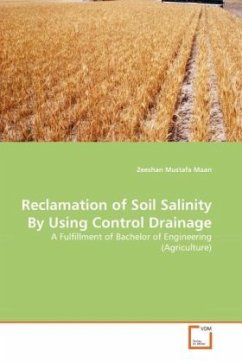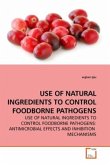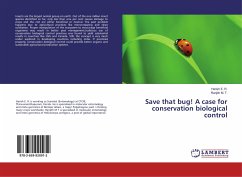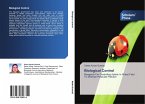Ticks are a major constraint to the global livestock industry. They vector microorganisms which cause major diseases of livestock; reduce productivity due to blood loss; and direct damage due to feeding reduces the value of hides. Ticks are primarily managed by intensive chemical control which is costly; may have negative effects on human and animal health and the environment; and can breakdown due to development acaricide resistance. This book looks at the development of fungal based biological pesticides as an alternative environmentally friendly strategy for tick control. It reports on laboratory and field studies aimed at identifying some of the critical factors which may impact the performance of a biological pesticide directly applied to cattle. The work would be of interest to animal health professionals and scientists working in the field of biological pesticides.


